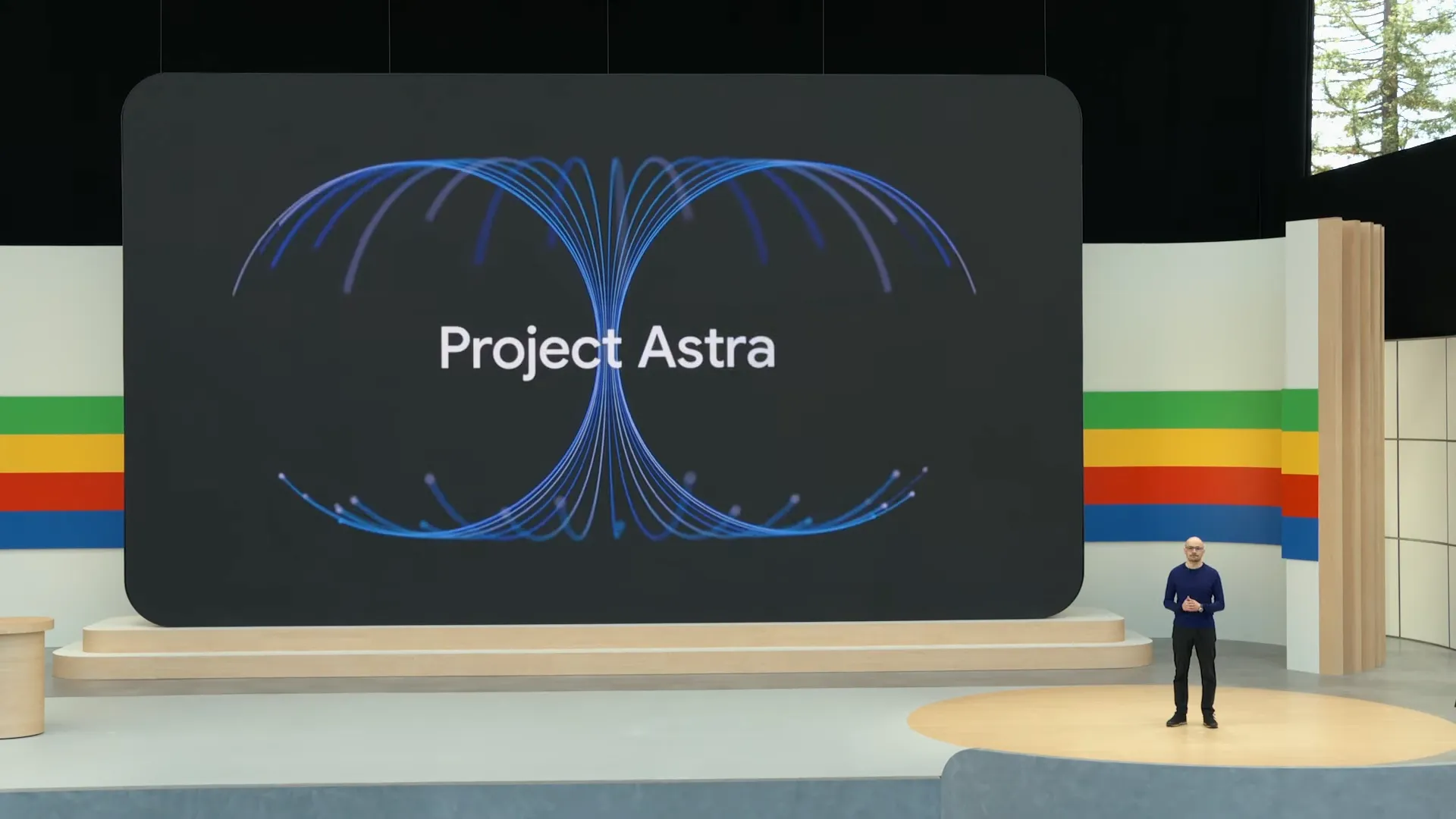In the realm of artificial intelligence, a transformative wave is poised to change how we interact with technology. Google’s latest innovation, dubbed “Project Jarvis,” emerges as a pioneering force in the AI space, heralding a future where digital assistants aren’t just helpful—they’re indispensable. As reported by The Information, the excitement around Google’s new AI project suggests a paradigm shift with the potential to render traditional chatbots obsolete.

Jarvis AI: More Than Just a Chatbot
Project Jarvis represents a significant leap from conventional AI applications. This advanced AI model, part of Google’s Gemini series, is designed to handle a plethora of tasks through a simple browser interface, specifically Google Chrome. Scheduled for a public unveiling this December, Jarvis is not just any tool; it’s an AI agent capable of performing diverse operations such as market research, online shopping, booking flights, and even conducting in-depth research on various topics.
The buzz around Jarvis AI stems from its ability to perform these tasks with an unprecedented level of finesse. By automating mundane activities, Jarvis promises to enhance productivity and efficiency, allowing users to focus on more creative or complex problems. Unlike standard chatbots, Jarvis can understand and execute tasks by reading screens with human-like insight, a step forward in robotic process automation (RPA).

Competing in a Crowded Field
Google is not alone in this venture. The AI landscape is fiercely competitive, with major players like Anthropic, Microsoft, and Apple also advancing their technologies. Anthropic recently introduced “Claude Sonnet,” aiming to empower computers to handle tasks autonomously by recognizing text and graphics. Meanwhile, Microsoft has evolved its Copilot Studio, originally launched as Power Virtual Agents in 2019, to support businesses in training AI-powered sales reps and customer service agents.
Apple is similarly gearing up to introduce AI functionalities that could potentially rival Google’s offerings. This surge in AI development highlights a broader trend in technology: the shift towards AI agents that operate semi-autonomously or fully autonomously to streamline business processes and enhance workplace efficiency.

The Future of AI Agents: Opportunities and Challenges
The evolution of AI agents is driven by substantial investments and the promise of significant returns. As traditional chatbots reach their functional limits, the next generation of AI agents is expected to not only supplement but also generate revenue by undertaking complex, value-added tasks.
However, this rapid advancement brings forth significant challenges, particularly in the realm of safety and ethical decision-making. The development of Artificial General Intelligence (AGI)—AI that could potentially surpass human intelligence—poses risks that could lead to unforeseen consequences, emphasizing the need for cautious and regulated deployment of these technologies.

As Google prepares to roll out Jarvis, the excitement is tempered by a pragmatic recognition of the potential risks involved. The introduction of sophisticated AI agents like Jarvis could revolutionize the way we interact with our digital environments, making life easier and more efficient. Yet, it also necessitates a thoughtful approach to integration, ensuring that these technologies are safe, reliable, and beneficial in the long term.
In conclusion, Project Jarvis marks a significant milestone in the evolution of AI. As we stand on the brink of this new era, the potential for AI to enhance our daily lives is immense, yet it comes with a responsibility to manage these powerful tools wisely.










